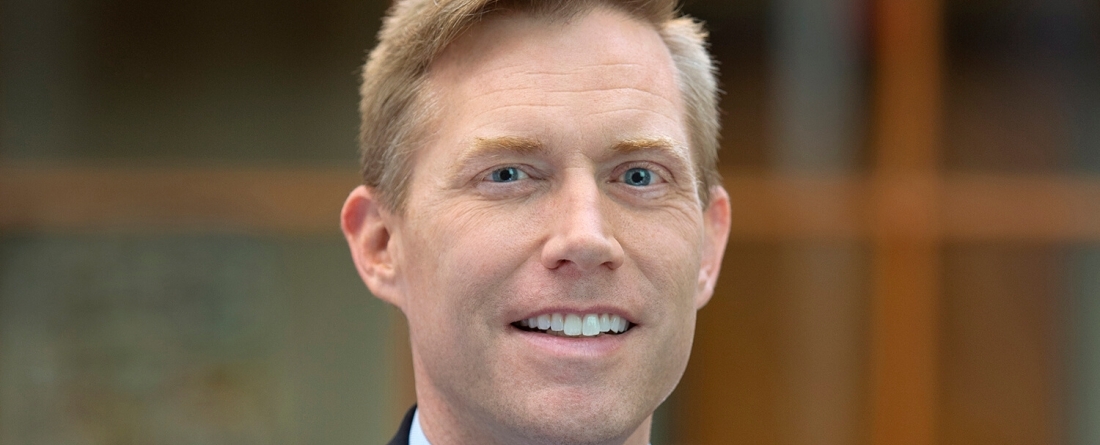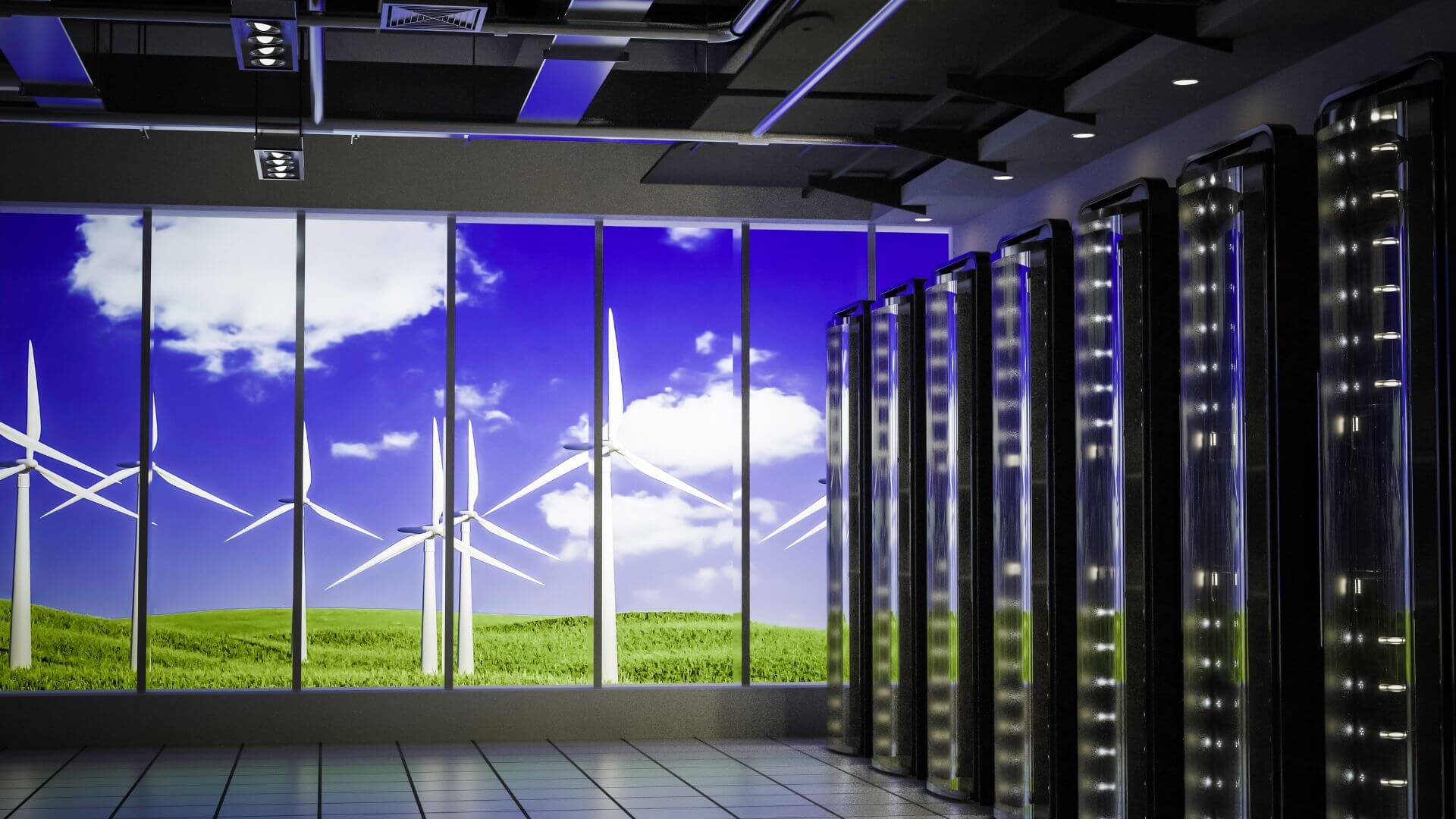
This December, delegates from nearly 200 countries and many international organizations will gather in Paris to attempt to formulate an international agreement on climate change. University of Maryland School of Public Policy Associate Professor Nathan Hultman, who is currently on leave from the University and working with the White House, will be there as part of the U.S. delegation. His work at the School of Public Policy has focused on international climate policy, energy technology transitions in emerging economies, U.S. energy policy, and clean technology innovation. For the past year and a half, Hultman has been serving as deputy associate director for energy and climate change in the White House Council on Environmental Quality. He will return to the University in January—he hopes after a successful outcome from the Paris negotiations.
“I work on climate policy, and energy policy as it relates to climate change,” Hultman says. “This relates well to my current position, because the White House and broader U.S. government approach is focused on both domestic actions and international engagement in both of these areas to build to a successful outcome in the major climate negotiation in Paris later this year.”
“A key step we are taking is doing significant emissions reduction at home. In addition, on the international front, there have been ongoing discussions with other countries during the past few years building up to the negotiations in Paris.”
Hultman says one standout international outcome occurred last November when the U.S. and China jointly announced their own domestic emissions targets. “It was a big deal because people were surprised that the two biggest emitters were coming forward in a coordinated fashion so early. We wanted to set a tone for this round of discussions going into Paris that we’re setting an ambitious course globally and serious about delivering at the domestic level.” Following the U.S.-China announcement, Hultman says the other countries have been stepping up with their own targets – currently there are targets from more than 150 countries representing about 90 percent of global emissions.
The University of Maryland is uniquely positioned to answer and address these questions that are coming up right now. We’re in the DC area, but we’re also in a big research university and we have a lot of science and technology capacity at the university specifically focused on environmental and energy issues.Nathan Hultman Director, CGS
Hultman’s work at the White House has focused primarily on national emissions targets and international engagement on climate and energy—both helping develop the foundations for setting the U.S. domestic target and for understanding the ambition in other countries’ efforts. “A lot of my work has been a lot on the analytics side,” he says. “I work with model outcomes and other quantitative and qualitative approaches to assess ambition and scope for action.”
Hultman has also been involved in a number of bilateral discussions with individual countries, and has been involved in the international discussions as part of the U.S. delegation—he attended the Lima climate negotiation last year and will also be at the climate talks in Paris this December. In addition to the international engagement, Prof. Hultman has also been involved with some domestic energy and climate policies, including the Clean Power Plan for the electricity sector, and regulations on vehicles, energy efficiency standards and non-CO2 gases.
Hultman says it was not always obvious how this pathway would evolve. In college, he started out focusing on physics and earth science. While in graduate school, Hultman attended his first UN climate negotiation in Kyoto in 1997 and he credits this experience with setting him on the path to where he is today. By the end of graduate school, he began working on more policy-oriented work and research. “Even though I was doing very interesting science, I realized I wanted to more directly be involved in policy and be as informed as possible to try to engage and actually get something done to the extent we know enough to start acting on those problems now.” He developed a research program investigating national climate and energy policies, including field work in some key emitters like the U.S., Brazil and India, and became increasingly engaged with policy discussions at UN meetings and elsewhere.
In January, Hultman will return to his position as an associate professor and director of the Environmental and Energy Policy specializations at the School. He will also continue to serve as associate director of the Joint Global Change Research Institute, a collaboration between the University of Maryland and the Pacific Northwest National Laboratory. He will also be working with the School to increase the School’s visibility and further enrich the intellectual community.
Hultman says he’s looking forward to bringing back new research ideas and to helping the School continue its focus on environmental and energy policy with workshops, speakers and research activities. “I really think that this is a good time and a good location to be working on issues of energy and climate,” he says. “The University of Maryland is uniquely positioned to answer and address these questions that are coming up right now. We’re in the DC area, but we’re also in a big research university and we have a lot of science and technology capacity at the university specifically focused on environmental and energy issues. We have a really good collection of faculty that are active in climate, energy and environment, including many with deeper experience in policymaking at the national and international levels than is common for academic institutions. We have excellent partnerships with other units on campus, such as the Joint Global Change Research Institute, which does a lot of modeling and energy technologies and climate action.”
“Undoubtedly in my teaching there will be new things to teach about because there’s been two more years of what I believe will be very formative actions in the U.S., but also globally,” Hultman says. “A lot of change is happening before our eyes right now, and that’s something I’m excited to bring back and talk to students about in the coming year.”
He adds, “I can certainly discuss how things operate within the U.S. government in terms of my area of interest of climate and energy changes that we’ve made, but also different actions that have happened in other countries. My work has been very specifically to understand what other countries are doing and so I’m excited to take not only what I know about the U.S., but also what I’ve been able to learn about what other countries are doing. I’ll be able to bring a comparative context and international negotiations focus to what I’m teaching.”
“I teach for a lot of reasons, not least that I rely on my students to keep asking challenging questions about topics that I thought I knew a lot about. It’s one of the rewarding features of being in a research environment—namely, that teaching and mentoring is the time during which we can generate new ideas and approaches to the problems we’re wrestling with,” Hultman says. “I enjoy working with students as they make their way into the world of practice.”



